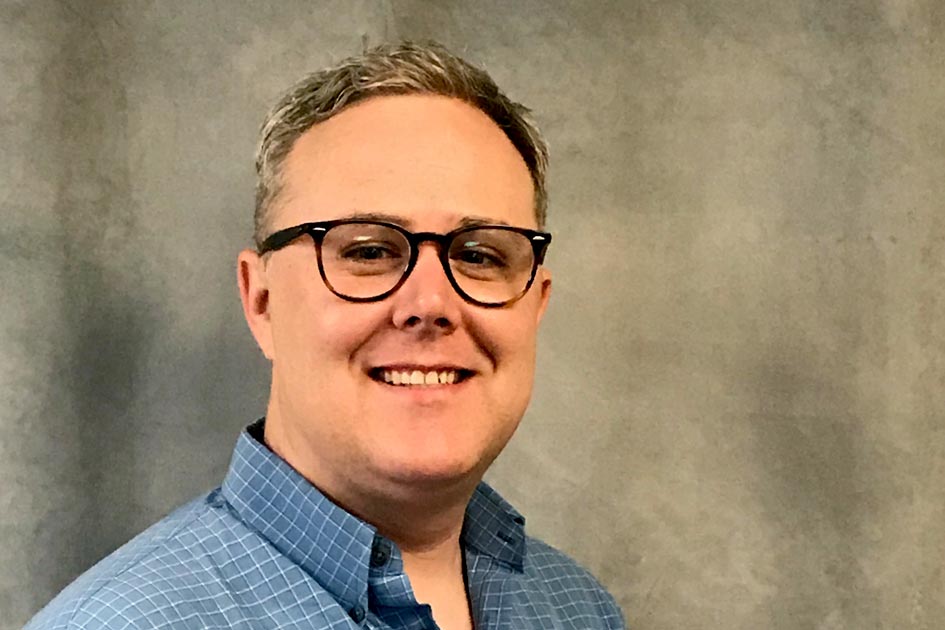DSU alum and instructor shares experience
April 8, 2020
Zach Wilson graduated from Dakota State's respiratory care program in 2015. Now he's an instructor for the program, along with working for Sanford Health in their respiratory care department and as a flight team member.

DSU alum and instructor, Zach Wilson shares experience as respiratory therapist.
Wilson often tells his students that, “it turns out breathing is kind of important. Respiratory therapists are truly experts in one thing. Respiratory therapists are at the forefront of acute care.”
While nursing is a booming career field, respiratory therapists have a similarly important job because if a nurse's patient starts doing poorly, it's often respiratory related, Wilson explained.
While regular training has prepared respiratory therapists to treat COVID-19, the disease does require adjustments to normal respiratory treatment, according to Wilson. Some first line defense treatments are not being used for fear of potentially spreading the virus further.
“The virulence of the disease requires more extreme measures quicker,” he explained.
Another unique aspect of COVID-19 compared to similar outbreaks like H1N1, is that a reasonable percentage of people can carry and spread the disease while being asymptomatic.
For those experiencing respiratory symptoms, Wilson recommends they connect with their doctor by email, phone, or video chat as long as their symptoms remain mild. If they begin experiencing breathing problems, they should go to an ER and seek treatment.
However, he noted, only about five percent who are infected with COVID-19 will need treatment from a hospital.
Wilson’s advice to the community is to follow the directions of the CDC and other medical professionals, wash your hands, and watch for symptoms.
“The number one thing is to stay home,” he said. “The social distancing is not a farce.”
There are approximately 150,000 respiratory therapists in the United States, and there is a need for more, according to Lacy Patnoe, DSU respiratory care director.
“This profession provides great job security. While much of the world is struggling to make ends meet, respiratory therapists are still going to work,” she said.
The global pandemic has brought national recognition to those working in the profession, highlighting their important role in crisis care.
“I don't know a single respiratory therapist that doesn't take special pride in what they do,” Patnoe said. “Most are drawn to the profession by a strong desire to help others and serve their communities. They are the most dedicated and compassionate people out there and are rising to the challenge in fighting the COVID-19 crisis.”
